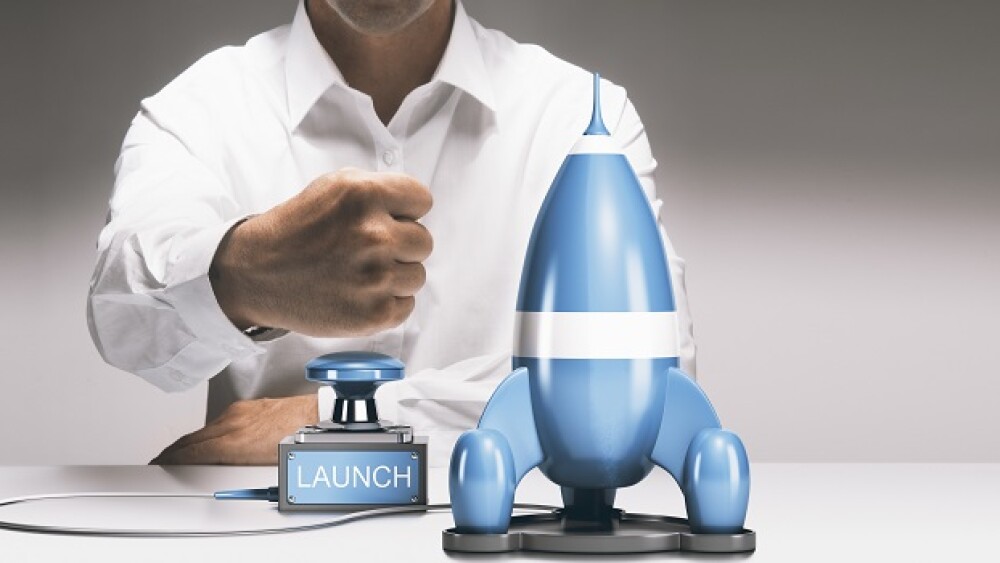Cabaletta Bio launched out of the University of Pennsylvania with an exclusive license deal and two multi-year sponsored research agreements. The fledgling biotech company will work on engineered T cell products for B cell-mediated autoimmune disease.
Cabaletta Bio launched out of the University of Pennsylvania with an exclusive license deal and two multi-year sponsored research agreements. The fledgling biotech company will work on engineered T cell products for B cell-mediated autoimmune disease.
The company also raised $38 million Series A to advance its lead asset, DSG3-CAART. The financing was led by 5AM Ventures. Founding investors Adage Capital Management participated, as well as the University of Pennsylvania.
The engineered T cell tech uses chimeric autoantibody receptors (CAARs) that bind and destroy only disease-causing B cells, while leaving normal B cells. They are a variation on a theme, built on chimeric antigen receptor (CAR) T cell technology.
Cabaletta also signed a master services agreement with Penn that lets it enter into deals for scientific, clinical and manufacturing expertise to develop a CAAR product for mucosal pemphigus vulgaris (mPV) based on recent proof-of-concept data published in the journal Scienceby the Penn research team.
Mucosal pemphigus vulgaris is a rare autoimmune disease, explains Aimee Payne, one of the co-founders of the company, and whose work is foundational to the company. The disease “causes painful blisters on mucous membranes and increases risk of serious infections.” Current treatments using immunosuppressant drugs are effective but can have serious side effects. Payne is an associate professor of dermatology and lead physician in the Autoimmune Blistering Clinic at Penn.
Payne goes on to say, “The highly targeted nature of CAAR T cells suggests that pathogenic B cells could be eliminated without impacting normal B cell function, a potentially ideal combination of efficacy and safety. We look forward to moving this program into the clinic in the near-term.”
Another scientific founder is Michael Milone, an associate professor of pathology and laboratory medicine. He is also a member of the Center for Cellular Immunotherapy at Penn, and co-inventor of Kymriah, the CAR-T product developed at Penn and currently marketed by Novartis.
“During the past 18 months, Cabaletta has advanced a series of CAAR T cell therapy products, licensed foundational intellectual property and assembled leading scientists, clinicians and experts in the discovery, development, manufacturing and regulatory approval of cell therapy products to accelerate development of highly specific CAAR T cell therapies that may offer a potential one-time cure for certain B cell-mediated autoimmune diseases,” stated Steven Nichtberger, co-founder, chief executive officer and chairman of Cabaletta Bio.
Nichtberger was formerly an executive with Merck & Co. He was also the founding chief executive officer of Tengion and chairman of Control Rad.
The nascent company plans for initial clinical trials for DSG3-CAART to be conducted with collaborators at Penn. Manufacturing of the compound is expected to be finished by the same group at Penn that has manufactured more than two dozen other cell and gene therapy protocols over the last 10 years.
“The work that we at Penn, and investigators at other organizations, have completed has clinically proven the value of CAR-T therapies to treat other serious malignant disease,” stated Milone. “Through continued work at our institution, we have shown that this core platform can be slightly modified and directed toward B cell-mediated autoimmune diseases. Cabaletta was founded with the objective of expediting this important work and finding new and better solutions for patients who suffer from these debilitating diseases.”





